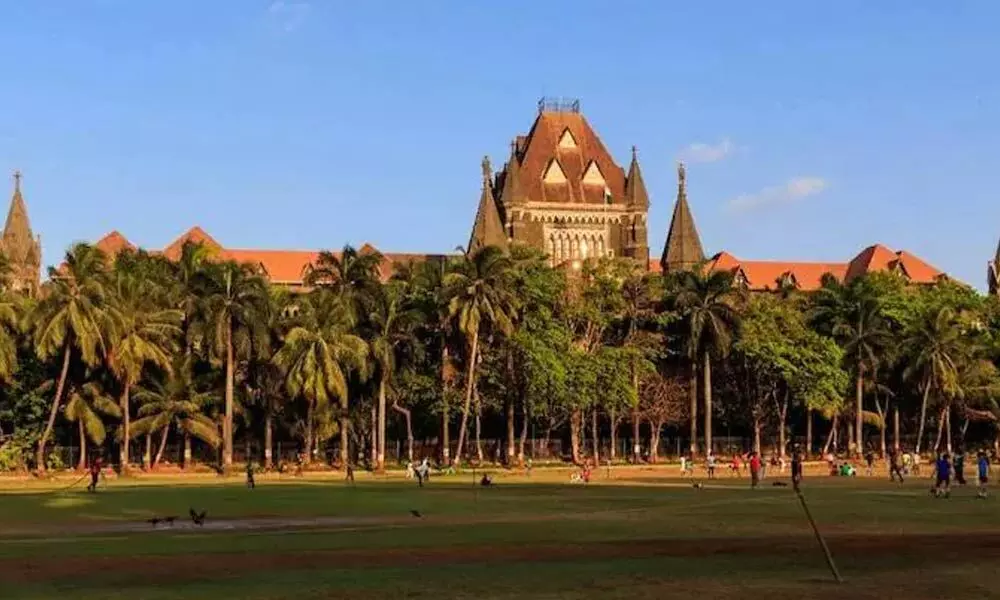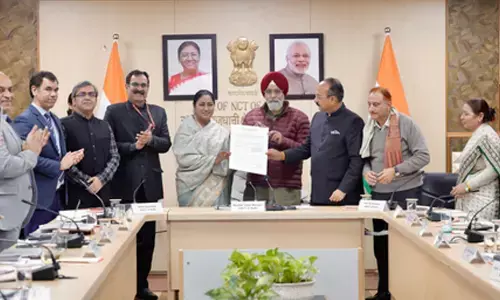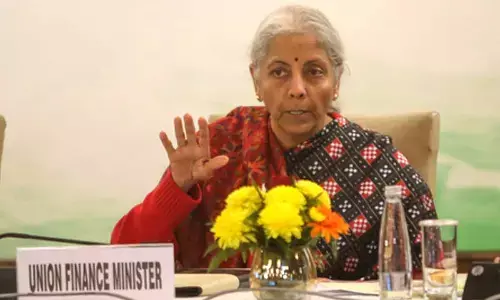Do not let emotions cloud judgements

File photo of Bombay High Court | PTI
The world has never yet seen a truly great and virtuous nation because in the degradation of women the very fountains of life are poisoned at their source
"The world has never yet seen a truly great and virtuous nation because in the degradation of women the very fountains of life are poisoned at their source": Lucretia Mott. Women are the backbone of every nation and, therefore, they deserve their due respect and honour. Honour and respect for women are the marks of a civilised Society.
The Legislature has introduced several laws in order to ensure safety and security to women in society. Whenever, a rape-death case comes up, the society wakes up to the reality and seeks a death sentence. The more coverage such a case gets in the media, the more public outrage. It is also followed by a debate on the competency of our laws to punish the guilty appropriately. There is always a clash between the idea of liberal death penalty and rational punishment.
The Bombay High Court on Thursday commuted death sentence of three men convicted in the 2013 Shakti Mills gang rape case to life imprisonment. The court was categorical in stating that due law should have been followed in awarding sentences by the sessions court. The three men had been convicted of gang-raping a 23-year-old photojournalist in the Shakti Mills area of Mumbai and had been awarded death penalty by a Sessions Court on the grounds they were repeat offenders.
The High Court walked the course carefully. It recorded that every case of rape is a heinous offence. "The damage done to the victim far outweighs the public conscience. A rape victim does not suffer just physical injury, but what is affected is her mental health and stability in life. Rape tantamounts to a serious blow to the supreme honour and dignity of woman. It is a violation of human rights." The High Court felt that, "in any case, a Constitutional Court cannot award punishment by taking into consideration only the public outcry. A sentence of death is irrevocable and, therefore, basic principle in sentencing policy would be life imprisonment is the Rule and Death Penalty is an Exception," it felt.
While considering whether a trial or judgement should be influenced by public outcry, the Apex Court had earlier observed: it has been observed, generally and more specifically in the context of death punishment, that sentencing is the biggest casualty in crimes of brutal and heinous nature. Our capital sentencing jurisprudence is thin in the sense that there is very little objective discussion on aggravating and mitigating circumstances. In most such cases, courts have only been considering the brutality of the crime index. There may be other factors which may not have been recorded.
There is no consensus in the court on the use of "social necessity" as a sole justification in death punishment matters." And hence the Bombay High Court too, as observed, engaged in an analysis of aggravating and mitigating circumstances with an open mind, relating both to the crime and the criminal, irrespective of the gravity or nature of crime under consideration. The High Court decision may not appeal to the society crying for vengeance. Yet, we should not forget that it just resorted to a dispassionate analysis. Forceful arguments highlighting the impoverished backgrounds and socio-economic conditions of the perpetrators of the crime and the fact that they never had any correctional influence on their lives clinched the issue in the end.















